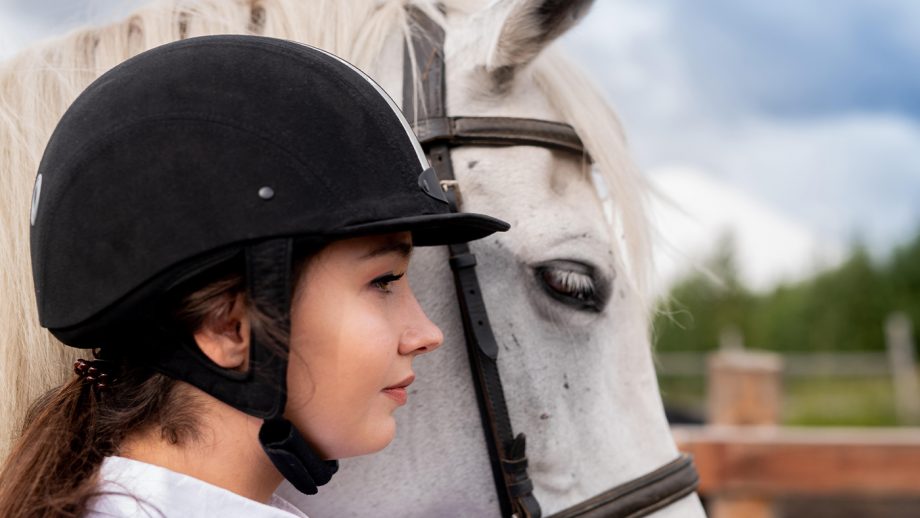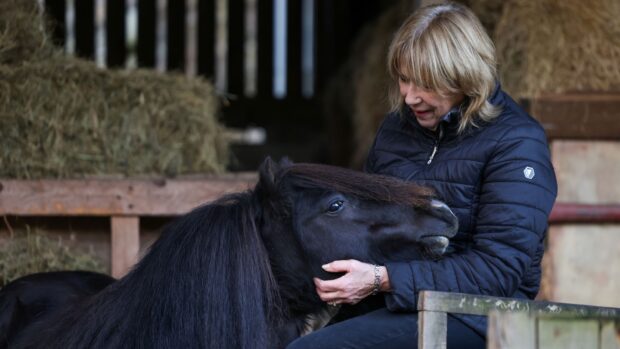ALL CVS Equine vets and vet nurses are now wearing safety helmets when dealing with horses to reduce injury risk – and bring the profession into line with others.
The company, which owns 22 practices across the country, introduced the rule as a result of a three-year research project undertaken with the University of Liverpool, which found that 90% of vets have been injured while working.
“It is hoped that the move will reduce injuries to the head – one of the most common injuries sustained by equine vets identified by the research, usually when examining horses’ lower legs,” a CVS spokesperson said.
John Tulloch of the University of Liverpool, who led the research, pointed out that many horses are on heightened alert during a vet visit, so their behaviour may be less predictable than usual.
“Vets are often in a vulnerable situation when examining a horse, and it’s difficult to pick up on a horse’s signals, especially when examining areas such as lower limbs,” he said.
“Our research found that many injuries happen when a horse kicks or pushes a person over and the person’s head makes impact with the ground. So wearing a hard hat will be a big step towards preventing traumatic head injuries if this happens.”
H&H reported on the research after its publication; it found that many equine vets regard getting kicked as an “everyday norm”, and suggested the number of injuries in veterinary practice could be higher than reported.
CVS Equine director Sophie Ignarski said: “In asking our vets and nurses to wear hard hats, we are just joining other professions – such as airline and construction – who have introduced similar changes to improve safety, now established in their culture.
“Our clinicians are at risk in their day-to-day work, even when working with the best behaved, mildest-mannered horses. So we ask that clients are not concerned when our colleagues wear their hats.
“We are grateful for the support we have already received from clients in relation to this change, and hope they will continue to work with our vets and nurses to help keep our staff safe. And if clients would like to show further support, we’d encourage them to think about wearing their hats too.”
- To stay up to date with all the breaking news from major shows throughout 2025, subscribe to the Horse & Hound website
You may also be interested in:

Equine vets view kicks as ‘everyday norm’ – concerns injuries are not reported

The perfect teacher: tiny pony rescued from neglect finds his niche training vet students

13 riding hats that are worth your attention

‘My hat saved my life’ says rider who broke neck in fall
The injured rider is calling for others to ensure their hats are up to standard and professionally fitted

Subscribe to Horse & Hound magazine today – and enjoy unlimited website access all year round




